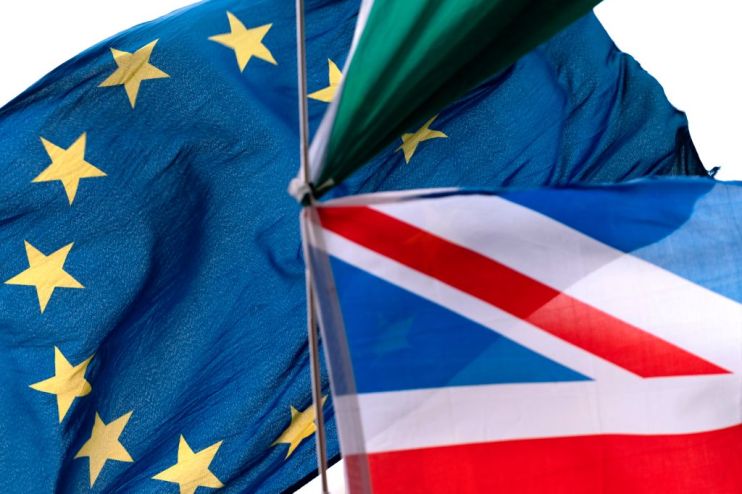For businesses relying on EU tax directives, what happens after Brexit?

Businesses are currently eager to know what shape any post-Brexit trade agreement with the EU will take and what tariffs or other barriers might apply to goods and services. However, when considering financing operations and investment abroad, businesses also need to look at the EU tax directives that facilitate cross-border financing flows.
A repeated question as we approach the 31 January deadline has been what happens to the parent/subsidiary directive (PSD) or the interest and royalties directive (IRD) both during any Brexit transitional period and afterwards.
Is the UK still an EU Member State during the Brexit transition period?
Article 127 of the Withdrawal Agreement says that unless otherwise provided in this Agreement, EU law shall be applicable to and in the United Kingdom during the transition period and that any reference to Member States in EU, including as implemented and applied by Member States, shall be understood as including the United Kingdom. This means that the EU tax directives, which apply between Member States, continue to apply to the UK and that the UK falls within the directives as it is treated as a Member State.
What is the position once the Brexit transition period ends?
Once the transition period ends, UK recipient companies will, unless a specific agreement is reached with the EU, no longer be able to benefit from the directives in respect of payments made from Member States. Instead, they will need to rely on the UK’s double taxation agreements (DTAs) with individual Member States to limit the domestic withholding taxes that can be levied by those Member States. HMRC is considering representations on the need to negotiate new arrangements for those cases (such as Italy) were the current DTAs do not provide for a complete exemption from withholding taxes.
However, in respect of interest and royalties payments made from UK, HMRC has issued guidance which confirms its view that, although the EU directives will not be available, there will still be relief from UK withholding tax on interest and royalties under UK domestic law. This is due to the wording with which the IRD was implemented in UK law and the payments would still need to comply with the ownership conditions set out in the IRD. It would of course be open to the UK Government to amend the legislation post-Brexit. As the UK does not apply withholding tax on dividends, there was no need for specific UK legislation to implement the PSD.
The future of the EU tax directives
As well as considering the impact of Brexit, businesses need to be aware of the developing case law around the application of the EU tax directives. There has been considerable interest and discussion related to a recent decision (Macquarie) by the Italian Supreme Court. The case considers the circumstances required for an EU holding company to benefit from the PSD when receiving dividends from an Italian subsidiary. It reinforces the point that a substantive economic connection between entities claiming benefits has become increasingly important as a threshold to secure both EU tax directive benefits and tax treaty benefits more generally.
In practice, holding companies take a very wide degree of forms, from mere legal intermediaries to substantial global or regional headquarter enterprises with material economic integration with their subsidiaries. It is likely to be the nature and extent of the economic connection between the holding company and the participation that supports entitlement to benefits rather than some abstract notion of holding company substance.
Next steps
Given the ongoing developments in this area, certain businesses might require material operational change to secure the benefits of the tax directives. Our tax alert looks at the conclusions that can be drawn from the Italian Macqaurie case discussed above as well as other recent judgments given by the Court of Justice of the EU. It also considers what risk assessments might be appropriate.